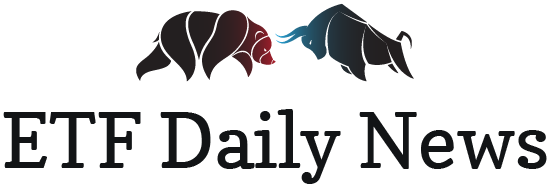With the Fed projecting a longer-than-expected period of high interest rates and other macroeconomic headwinds, the stock market could remain highly volatile in the near future.
To that end, let’s look at the best-performing high-yield bond ETFs iShares iBoxx $ High Yield Corporate Bond ETF (HYG – Get Rating), iShares Broad USD High Yield Corporate Bond ETF (USHY – Get Rating), and SPDR Bloomberg High Yield Bond ETF (JNK – Get Rating) with a greater potential for returns and enhanced diversification.
The Consumer Price Index (CPI), a key inflation barometer, grew 7.7% in October versus a year ago, the smallest 12-month rise since January. According to Dow Jones, economists estimated a 7.9% annual increase. On a monthly basis, the CPI surged 0.4%, beating economists’ expectations of a 0.6% monthly increase.
To control sky-high inflation, the Federal Reserve raised its key rate 11 consecutive times since March 2022. The central bank’s benchmark interest rate is now in the 5.25%-5.50% range, the highest level in 22 years. At the end of its two-day monetary policy meeting in November, the Fed left interest rates unchanged.
This marked the second straight meeting that the central bank has opted out of raising its benchmark interest rate, allowing the economy to absorb the effects of higher borrowing costs.
Fed Chairman Powell Jerome suggested that keeping the central bank’s benchmark rate for a prolonged period could slow the economy and control inflation without further rate hikes. Also, Powell, in a panel discussion at the International Monetary Fund, did not rule out another rate increase to help lower inflation to the Fed’s target.
“We are not confident,” Powell said, that the Fed’s benchmark rate is high enough to steadily reduce inflation to 2%. “We know that ongoing progress toward our 2% goal is not assured. Inflation has given us a few head fakes,” he added.
A Wall Street strategist warns investors that last week’s stock market rally…
Continue reading at STOCKNEWS.com
